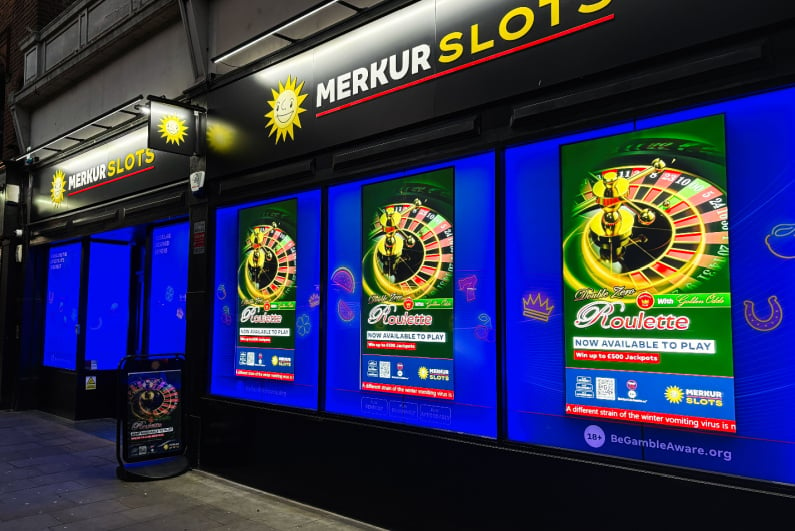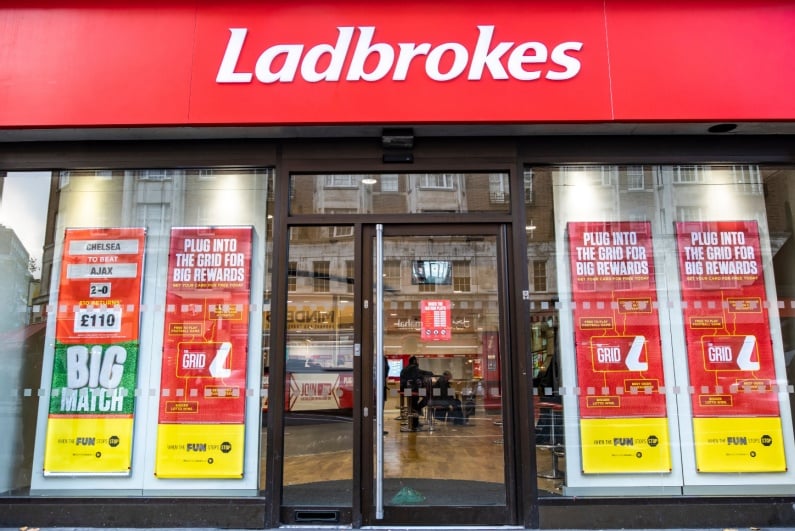A Scandinavian issue
Channelization… it’s a term you will often hear bandied around in discussions regarding European gaming markets. It’s also a word repeated by regulators as they explain tighter rules, and weaponized by market stakeholders as they seek to avoid those very same measures.
Nordic countries struggle to keep residents gambling via legal means
In one area of Europe, this word seems even more prevalent. The Scandinavian markets of Denmark, Sweden, Norway, and Finland have all had their struggles in regard to channelization. As a result of tough regulation and monopolized gaming sectors, these Nordic countries struggle to keep residents gambling via legal means.
This in turn affects problem gambling rates, for which Finland is particularly guilty. Although still low, its 0.8% rate is nearly three times higher than Spain and the UK. Now, the country has announced new measures intended to protect its gamblers further, but it doesn’t realize that those rules will only tip the balance even further against them.
ID verification
This week, Finland’s state-owned operator Veikkaus announced that it has introduced new ID measures for all of its games, both retail and online. It’s a first-of-its-kind measure in the global gaming industry and the company believes it will help protect underage individuals and vulnerable gamblers, allowing concerned gamblers to check their profits and losses.
Veikkaus has asserted that the transition will go smoothly and users will soon get used to the new rules. However, the measures, which came into effect on January 1, will undoubtedly cause some aggravation for gamblers. Rather than being able to access their favorite games on demand as usual, they will have to provide one of a range of ID options before they can get playing.
the only alternative to Veikkaus is illegal gambling sites
While ensuring that no underage individuals are gambling is undeniably a good thing, introducing a blanket identification system for all games could turn users away from Veikkaus. In a monopoly like Finland’s, the only alternative to Veikkaus is illegal gambling sites which may not have any protections in place.
It is also important to note that much more mature markets, such as the UK, have not implemented such measures. Regulators and operators must not have deemed this necessary, which is particularly significant given the meticulous scrutiny that the UK sector faces from a number of angles. It is not even a measure that gambling opponents are openly seeking – perhaps for good reason.
Moving to multi-license
It seems that by introducing this measure, Finland’s operator is attempting to make a very public statement of its intention to protect customers. This comes after the firm found that 50% of Finnish gambling takes place on unlicensed sites, according to a study conducted in 2023.
The same report suggested that moving to an open market in Finland would “significantly improve” the channelization to legal gambling. It’s a move that Veikkaus CEO Olli Sarekoski agreed should happen, as long as the transition takes place “faster rather than slowly.”
will result in job cuts and major operational changes for Veikkaus
The Finnish government has since confirmed it will transition to a partial multi-license system by 2026. The proposal will allow private companies to apply for betting and casino licenses, while Veikkaus will continue to handle lotteries and retail slots. It’s a move that will result in job cuts and major operational changes for Veikkaus, already including the closure of Casino Tempere and 19 other gaming arcades in December.
Despite the promising news, a new system by 2026 is perhaps not the speedy transition the Veikkaus CEO hoped for. In the meantime, the operator is stuck shooting itself in the foot, trying to protect problem gamblers with tighter measures while simultaneously pushing gamblers to unlicensed sites. It seems that changeover certainly can’t come soon enough.




